Recent Articles
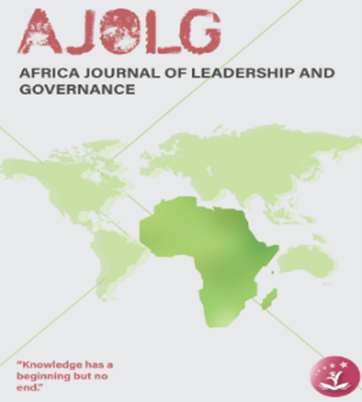
Balancing Passion and Reality: What No One Tells You About Starting a …
Read →
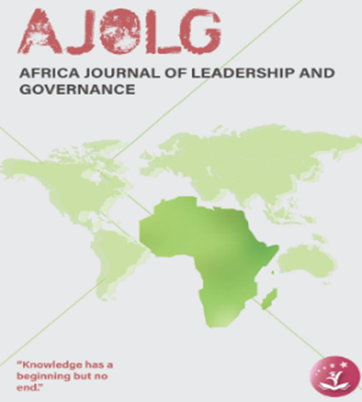
Enhancing Employee Performance through Strategic Technology Adoption: A Case Study of the …
Read →
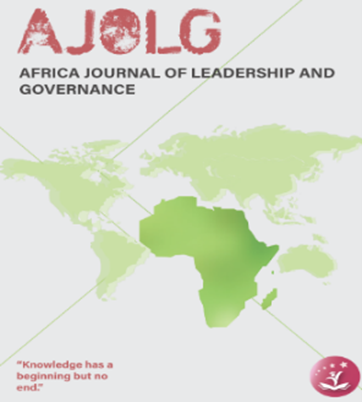
Developing an Employee Engagement Framework to Strengthen Firm Performance: A Case of …
Read →
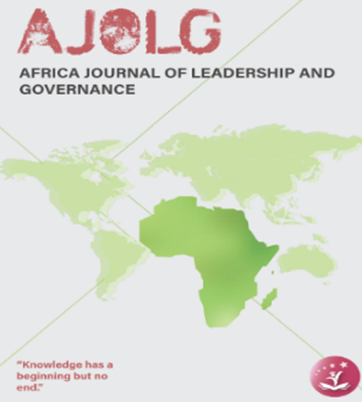
Does Value-Based Leadership Training Lead to Leader Effectiveness? Evidence from Faith Based, …
Read →
Enhancing Employee Productivity in Remote Work: A Case of Standards Association of …
Read →
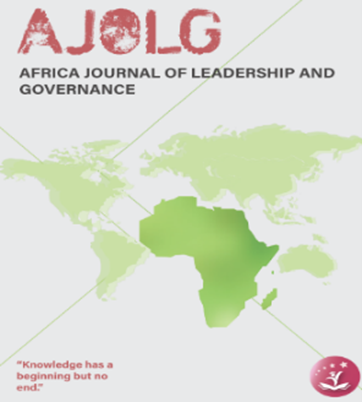
Leadership Model for Enhancing Employee Retention: A Case of Kwekwe City Council
Read →
Journal Volumes
Volume 4 — 2025
Entrepreneurship, Organizational Development, and Employee Engagement
1 published issue
Volume 3 — 2024
Leadership and strategic thinking for organisational effectiveness
1 published issue
Volume 2 — 2023
Leadership in the context of a crisis – Lessons from Covid-19 Pandemic
1 published issue